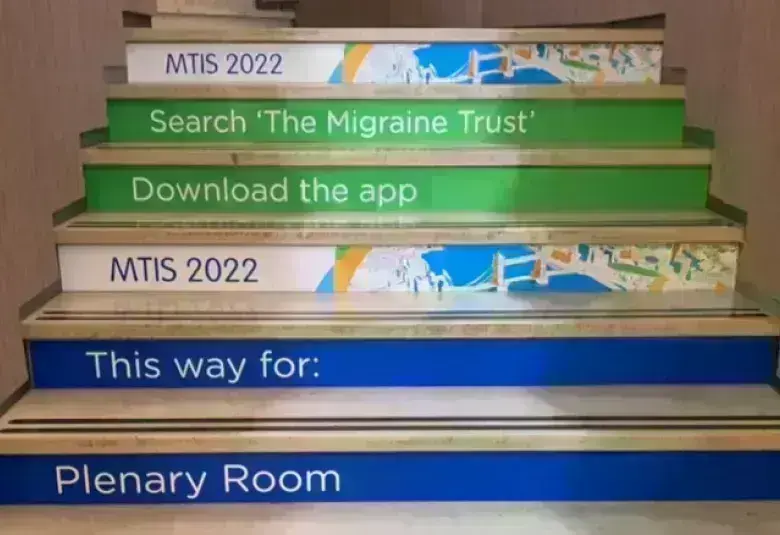The potential of an interactive point-of-care smartphone application to aid in prescribing antidepressant medications was discussed at this APA Online 2022 session, involving earlier use of polypharmacy and shorter medication trials.
Training the prescribers
Professor Philip Muskin (Columbia University, USA) began by explaining that although antidepressant drugs are often prescribed by non-specialists, such as primary care physicians/general practitioners, psychiatry teaching given as part of primary care programs is frequently considered sub-optimal1. This leaves doctors poorly equipped to make treatment decisions or ask some of the more difficult questions around prescribing such as those regarding sexual dysfunction or suicidal ideation2. Education and training may need to be a rolling program, rather than a one-off event, to show benefit3.
Education and training may need to be a rolling program
Health technologies offer the potential to help solve health-related problems and improve quality of life, but it is important they are complemented by good staff training and effective organization of the associated health services4. The mental health-related software market is rapidly expanding, but applications often have no mental health care professional involvement in their development5.
Challenging prescribing assumptions
Dr John Mann (Columbia University, USA) discussed the use of sequenced 6-week antidepressant medication trials in the pivotal STAR*D study. The cumulative remission rate was 33% for the 1st step and then 57%, 63% and 67% after the 2nd, 3rd and 4th steps respectively6. The response rate dropped markedly after the 2nd medication trial, and he suggested that for those patients either their depression became harder to treat over time or that their disease was always going to be harder to treat. If the first option is correct then treating patients effectively as soon as possible is crucial, especially as early responders also had lower relapse rates6.
Treating patients effectively as soon as possible is crucial
He suggested that the STAR*D study has led to the assumptions that a sequence of 6-week long medication trials and use of monotherapy are optimal. This is in contrast with the approach used in hypertension, involving multiple agents and specific blood pressure targets as effectiveness measures.
Multiple agents and shorter medication trials
Dr Mann proposed that antidepressant treatment should move towards polypharmacy and shorter medication trials. Combinations of antidepressant medications can have a higher response rate than single agents7, as the effects of different classes are potentially additive, and adverse events appear not to be significantly greater. There is also the option of augmenting with a non-antidepressant such as an anti-psychotic.
Move towards multiple agents and shorter medication trials
He also challenged the assumption that a 6-week trial of an antidepressant medication is required before considering other options. This is based on the statistical separation of active drug response from placebo. If instead ‘responders’ are compared to ‘non-responders’ then benefit starts to be seen within two weeks. In a meta-analysis of over 6,500 patients, receiving different classes of antidepressants, only 4% of patients who didn’t improve within the first two weeks remitted at week 48.
Partnering technology and evidence-based care
Dr Ravi Shah (Columbia University, USA) presented the ‘Accelerated Sequential Antidepressant Protocol’ (ASAP) that has been developed using these principles of polypharmacy and shorter medication trials. After the first step the protocol proceeds to medications that target more than one neurotransmitter system or two combinations of medications with different treatment targets, with 3-week long sequenced treatment steps.
Aim is to aid decision-making at the point of care
Psychiatrists from Columbia University partnered with a technology start-up company to build an interactive point-of-care smartphone application to disseminate the ASAP protocol9. It provides evidence-based treatment algorithms for psychiatric outpatient management of depression including built-in calculators for clinical rating scales. The aim is to aid decision-making at the point of care, especially targeting primary care physicians and early career trainees. The next steps include analyzing outcome data from protocol use, integration into electronic medical records and building modules for other psychiatric conditions.




